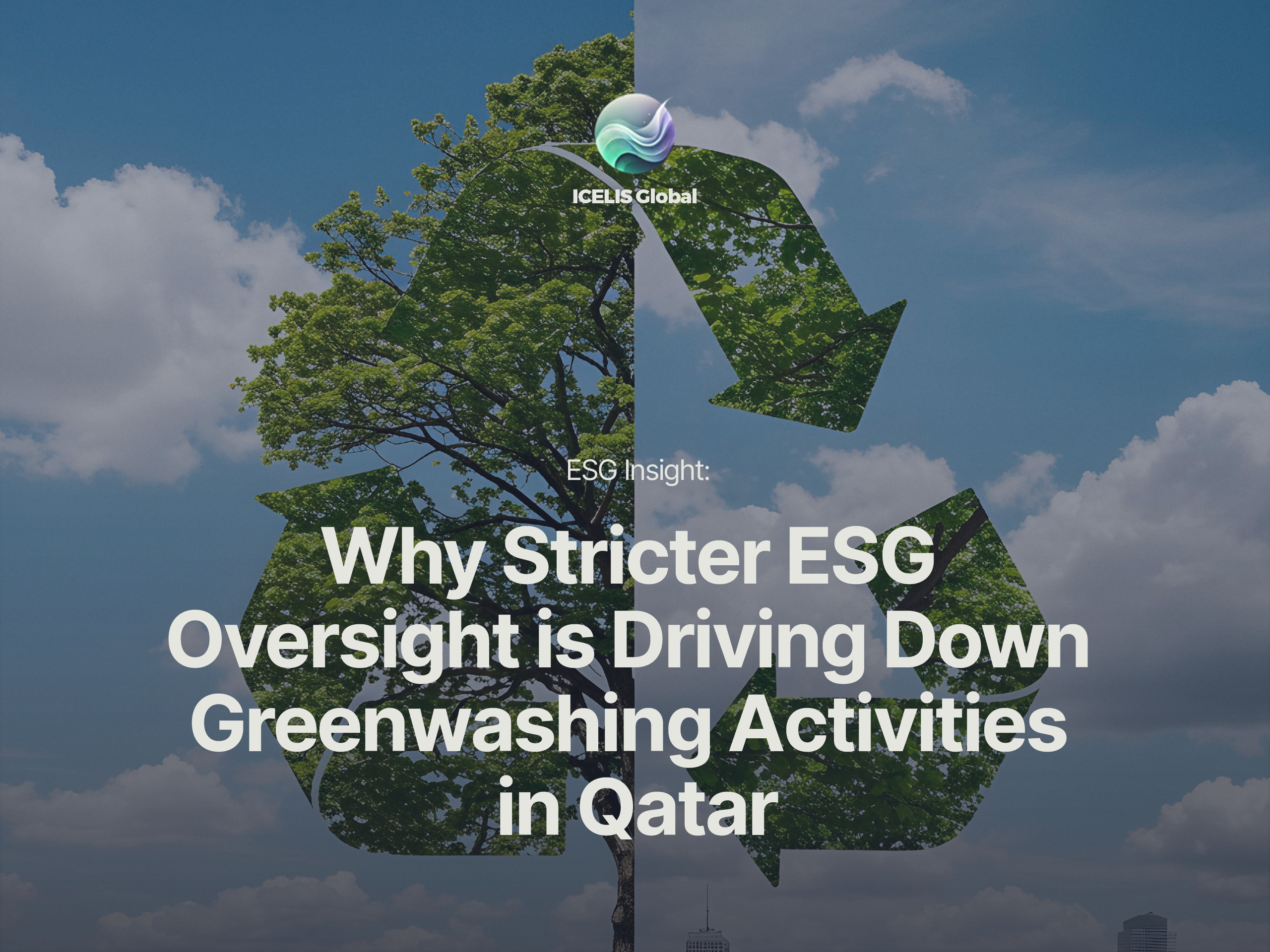In the business world, it’s not uncommon to see companies try to get an edge over their competitors. Unfortunately, when it comes to ESG and sustainability, things can quickly take a deceptive turn. Greenwashing gets introduced into company operations and company’s disguise compliance failures in falsified positive narratives.
However, it seems that increased ESG oversight is shutting down greenwashing activities with significant success. Let’s take a look at the concept of greenwashing and how ESG oversight is providing a much needed remedy.
Why Do Companies Engage in Greenwashing Activities?
By definition, greenwashing is the practice of misleading or presenting false claims about the positive environmental impact of a company’s product or offered service. This can happen in various ways; could be that one segment of a business is being presented to mean that all other business segments are environmentally friendly e.g. Mercedes-Benz’s electric vehicle scandal in Denmark. It could be misleading the public with buzzwords like “environmentally compliant” or “climate friendly”.
But, why do companies do this? There are a number of reasons:
Business demands
The climate change narrative has become bigger than ever and companies must keep up with carbon neutral or net-zero emission targets. However, they cannot meet up with these requirements and fall back on greenwashing measures.
Verification Difficulty
It’s actually difficult for the general public to assess if a company is being truthful about its environmentally conscious practices. As such, companies can easily publicize false claims to gain a competitive business advantage in the Qatar energy market.
Climate initiative assessment issues
It can be difficult assessing the overall impact of a climate initiative i.e. whether it’s making things better or everything remains the same. As such, there’s some adequate room for speculation and falsification of compliance reports.
Stricter ESG Oversight in Qatar: What Has Changed?
Qatar’s government has taken significant steps to boost its ESG compliance in a bid to make sure it aligns with its Qatar National Vision 2030. In 2021, the nation launched the National Climate Change Action Plan targeting a 25% reduction in greenhouse gas emissions by 2030. It also established the Ministry of Environment and Climate Change (MoECC) in the same year, a move that signaling that it was making climate change a national priority.
On the regulatory side, the Qatar Financial Markets Authority (QFMA) issued updated corporate governance codes for enhancing transparency and financial disclosure. The Qatar Stock Exchange also introduced ESG reporting guidelines which encourage firms to disclose their sustainability.
Now, while ESG reporting is currently voluntarily, there are multiple indications that things might take a mandatory turn as Qatar continues to align itself with best global practices.
Impact of ESG Oversight
With stricter regulations being brought on to curb greenwashing, defaulting companies find themselves significantly exposed. For instance, asset managers risk being exposed for misleading ESG funds which had previously been promoted as being ESG-aligned.
Corporations will also be forced to roll back vague compliance promises made to put them in good standing with business partners. That said, this does not absolve them of ESG responsibility, but requires them to become more intentional about sustainability consciousness.
Conclusion – The Road Ahead
Greenwashing has become more rampant than expected with numerous companies attempting to “keep up with the sustainability times” and put their best compliance foot-forward. However, this can make them desperate enough to push out false narratives and cut corners.
With stricter ESG oversight, it becomes a certainty that companies will become more intentional about corporate activities in a bid to avoid greenwashing claims that could damage profits and business reputation.
Frequently Asked Questions
What is Greenwashing?
Greenwashing is the harmful corporate practice of misrepresenting the extent to which a company incorporates ESG and sustainability practices into its daily activities.
How Successful Has Qatar Been In Combating Greenwashing?
Qatar has successfully introduced laws and regulations designed to keep companies genuine and honest about their ESG practices. This will require them to be authentic in their ESG reporting.
Is ESG Reporting Mandatory in Qatar?
ESG reporting is currently voluntary in Qatar. However, this might change as the country continues to align itself with global sustainability standards.
